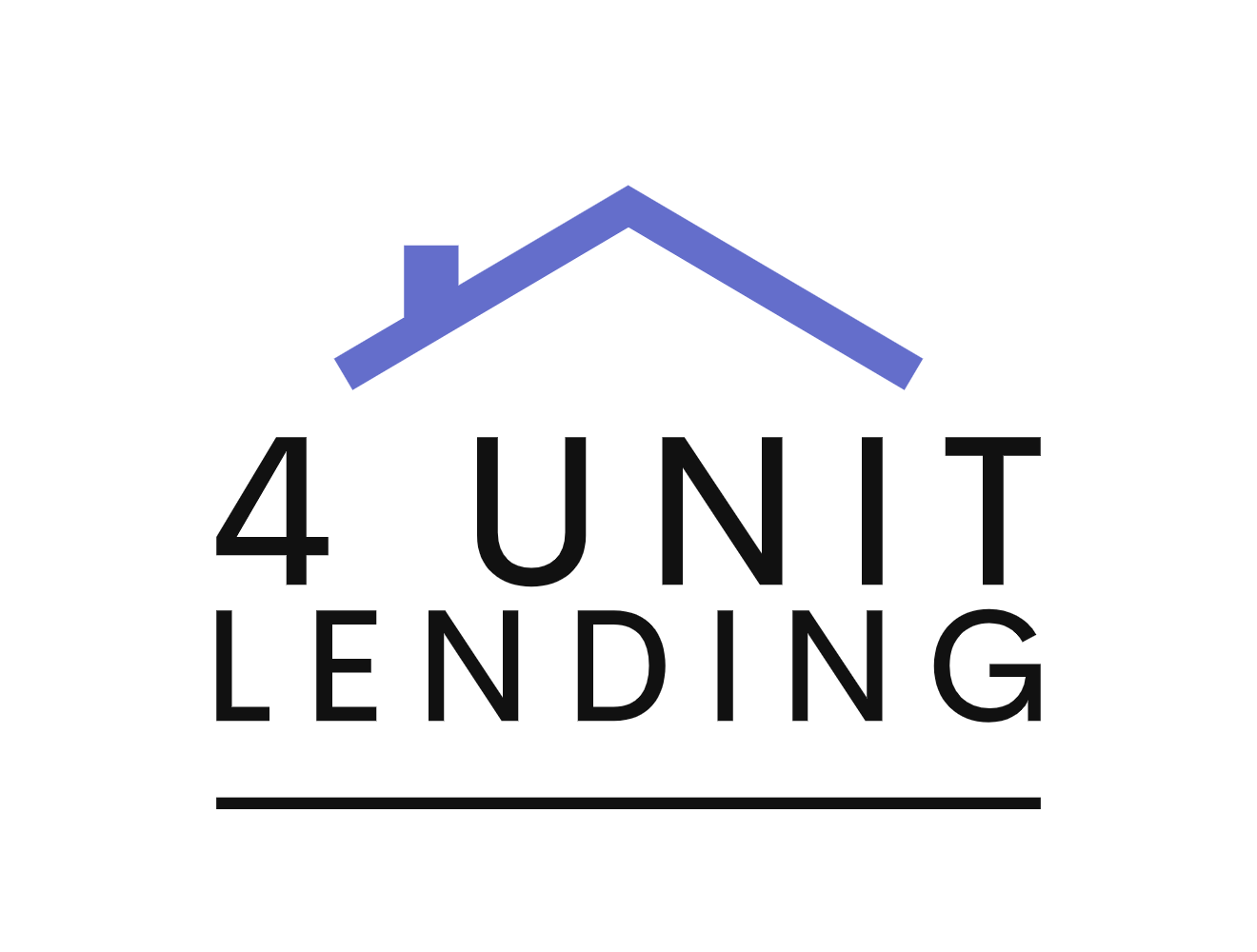Key takeaways
A deficiency judgment is a court order that allows a lender to collect remaining debt when the collateral doesn’t cover the full amount owed. With a mortgage, this can happen when the proceeds from a foreclosure sale don’t cover the outstanding balance on the loan.
A deficiency judgment can have a significant negative impact on your credit, which can affect your ability to get another loan in the future.
To avoid a mortgage deficiency judgment, contact your servicer as soon as you know you’ll have trouble making payments.
What is a deficiency judgment in real estate?
In foreclosure cases, a deficiency judgment is a court order allowing a lender to collect the remaining mortgage balance when the proceeds from the sale of the property aren’t enough to pay off the debt. This is known as a “deficiency.”
The laws and procedures for obtaining and enforcing a deficiency judgment — including whether it’s allowed at all — vary by state. California doesn’t allow deficiency judgments, for example, whereas New York allows them if the lender files a court order within 90 days of the foreclosure buyer receiving the deed to the home.
Keep in mind:
Not all states allow deficiency judgments, and not all lenders choose to pursue one.
How does a deficiency judgment work?
Each state determines its own foreclosure laws, including around deficiency judgments. In general, though, here’s an overview of how you might find yourself in a deficiency judgment situation:
Default: The borrower stops making their monthly mortgage payments. Lenders typically begin the foreclosure process after four consecutive missed payments. This involves several steps before the actual sale of the home, including a period of preforeclosure.
Foreclosure sale: If the borrower hasn’t stopped the foreclosure or exercised the right of redemption, the lender sells the home, typically through an auction. The borrower then vacates the property.
Legal action: If the foreclosure sale proceeds fall short of the outstanding mortgage debt, the lender then seeks a deficiency judgment for the unpaid portion, and potentially costs related to the foreclosure process. In some states, the amount of the deficiency judgment can’t exceed the difference between the total outstanding debt and the home’s value.
Collection: If the court rules in favor of the lender, the lender uses various methods to collect the deficiency, such as garnishing wages (up to a limit, depending on state law), placing liens on other property or drawing from the borrower’s bank accounts. Depending on state law, the lender can try to collect for years, and even renew the order if necessary.
Example of a deficiency judgment
Say a mortgage borrower in default owes $200,000 on a loan for a home valued at $190,000. The foreclosure sale proceeds total $190,000, leaving a deficiency of $10,000. The lender spent $40,000 on the foreclosure process. It decides to file for a deficiency judgment for the deficiency plus those sale costs. Unless state law prohibits it, the lender can pursue a total of $50,000.
How can a deficiency judgment impact you?
A deficiency judgment can have a significant impact on your finances now and in the future. With the judgment, the lender can pursue the remaining amount owed through wage garnishment, liens on other property you own or taking money directly from your bank accounts.
Along with the judgment, a foreclosure becomes part of your credit history and could remain on your credit report for up to seven years. This could result in higher interest rates on future loans, lower credit limits or denial of a loan application altogether. It can also make it harder to buy another home soon after foreclosure.
What to do if you’re facing a deficiency judgment
If your home is in foreclosure and you haven’t arranged an alternative with your lender, you might be able to ask the lender to waive any potential deficiency after the home’s sale. Generally, you’d need to get this agreement in writing before the home goes to auction. If you’re already facing a deficiency judgment, you could file a motion to overturn the order. Keep in mind that doing so requires paying court fees as well as any fees to a lawyer, if you choose to hire one. If your financial situation is dire, this might not be an option.
As a last resort, you might consider declaring bankruptcy, which could discharge the deficiency judgment along with other debts. Bankruptcy has serious and long-term consequences, however, so it’s best to try to work out a solution with your lender, if at all possible.
FAQ
How long does a deficiency judgment last?
Which states allow deficiency judgments?
How can I avoid a deficiency judgment?

